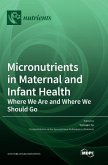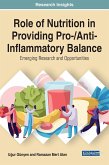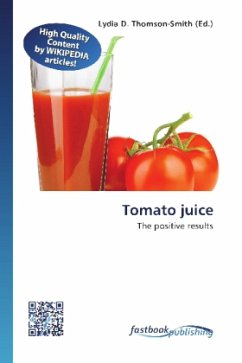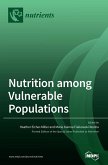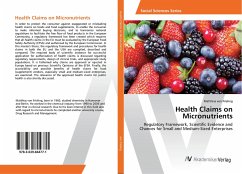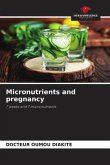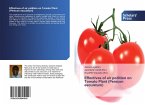Recommended dose of inorganic fertilizers (150:100:50 NPK kg/ha) of control treatment could not perform well in increasing growth, yield and quality of tomato. Among the different micronutrients and biofertilizer used in various treatments, overall performance of treatment T8 (RDF + 0.3% FeSO4 + B + ZnSO4 (0.1 % each) + Azotobacter + PSB) was superior. This is because of that micronutrients viz., Fe, B and Zn play active role in plant metabolic processes involving cell wall development, respiration, photosynthesis, pollen tube growth and pollen germination and biofertilizers viz., Azotobacter and PSB increases the uptake of nutrients which in turn results in excellent vegetative and reproductive growth, ultimately increases the yield and quality. Thus, it is concluded that the use of micronutrients and biofertilizers in combination sustained the productivity of tomato.


